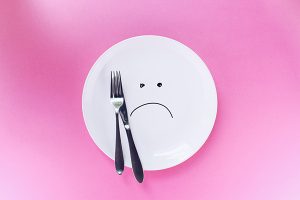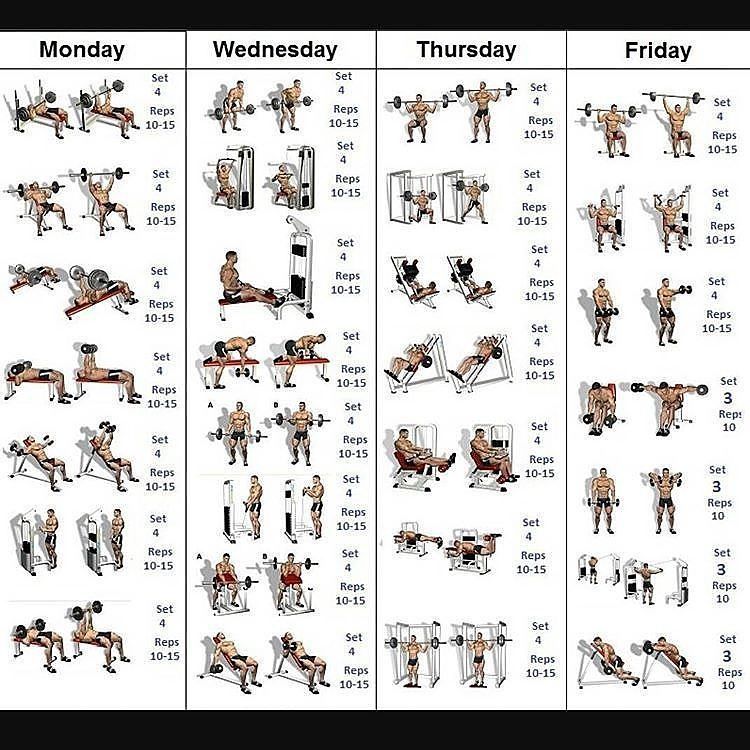
As we age, our resting metabolism slows. Weight loss in your 20s, 30s, and beyond may not be possible. You may feel deprived of sleep, which can lead to an imbalance in your body’s natural hormones and lead you to crave high-calorie, fatty food. Not getting enough sleep can make you feel weak, reducing your ability to exercise and lose weight. Here are some great tips for losing weight during your 20s/30s.
Metabolic shifts
You have already experienced puberty and growth spurts. Although your metabolism has not changed much, your weight has. Your body continues to burn calories to build muscle and strengthen your bones. In other words, your weight loss goals will be harder than when you were in your 20s. There are many ways to reduce weight and maintain a healthy metabolic rate while you are young.
Your metabolism slows approximately by 2 percent each decade after age 25. To maintain your weight, your caloric intake must be reduced by the same amount. To maintain her weight, a woman who used 1,800 calories per day should cut her caloric intake by 2%. She could also struggle to gain muscle mass, have erectile dysfunction, or be depressed.

Weight loss
Even if you've lost weight, it is possible to gain weight again after your 20s. While your body's weight and distribution may change, you won't see it on your face. Your face's "baby fat," or the fatty deposits around your cheeks, will disappear as you grow older. This decrease in subcutaneous fat is a result of a number of factors, including hormonal changes and metabolic changes.
CDC statistics on weight gain after weight loss in your 20s show that average adults gain between one to two pounds per year. This means an average of 10-20 pounds per decade. It adds up quickly to 40-pounds in your early-50s. This is normal for most adults. However women who have trouble maintaining their weight after middle age blame hormones, or their slow metabolisms. A woman's weight tends to rise from 162 pounds to 172 pounds during this time. The CDC methodology focuses primarily on national data and not self-reporting.
Hormonal changes
Hormonal changes are common in young women in their twenties. Hormones control many body functions, including mood and sexual health. Unfortunately, many young women experience hormonal imbalances without even realizing it. Fortunately, Bangkok's leading hormone imbalance treatment clinics can help you find relief for your symptoms. Read on to learn more about how our hormone treatments work.
Hormones are responsible to regulating your metabolism. However, there are other factors that can impact your weight. An active lifestyle, which includes adequate rest, eating healthy food, and managing your anxiety levels, will help regulate your hormone levels. A professional will test your hormones to find out if your problem.

Exercise
Teens often don't have the time to keep up a regular exercise regimen. But establishing an exercise routine now will pay off in the future. Young people are constantly on the go and often have little time to dedicate to a routine. However, doctors and fitness experts recommend that you start working out in your 20s, when you're still fit and full of energy. While it may seem daunting to think about working out, 30 minutes of cardio every day can make all the differences.
For maximum results, exercise for fat loss during your 20s should include both cardio and strength training. Cardio exercises are better for younger people due to their high concentration of lean muscles. High-intensity interval and strength circuits are great ways to combine cardio with strength training. This time is when your body's metabolism and recovery skills are at their highest. You want to reduce fat while maintaining healthy habits.
FAQ
How do I create an exercise routine?
The first step is to create a routine for yourself. It is important to plan what you will do each morning and how much time you will be doing it. This helps you plan and prevents procrastination.
You should also ensure you have plenty to choose from when working out. You don't want your exercise to be monotonous.
Keep track of your progress. It is crucial to track how much weight has been lost or gained.
If you lose weight and then gain more weight, it is easy to lose your motivation. If you gain excessive weight, it can be difficult to remain motivated.
Find a healthy balance between losing weight and gaining weight. If you're not happy with where you are, then you'll be less likely to continue exercising.
What Can You Lose in One Week?
The amount of weight that you can lose will depend on how high your body fat percentage is. You need to determine how much weight loss you are looking for. Your BMI (Body Mass Index) tells you how much weight should be lost to reach your goal. If your BMI is 25 or greater, you're overweight. If your BMI reads 30 or more, you are likely obese.
Your BMI is calculated at 28.7 if your weight is 200. This would mean that you'd have to lose about 70 pounds in order to reach a healthy weight. To see if you're overweight, visit www.healthyminds.com/bmi/.
You can calculate the number of pounds you'll lose each week by knowing your BMI.
(Your Goal Weight - Current Weight)/BMI * 7 Number Of Pounds Lost Per Week
To lose 50 pounds in a month, you would need to exercise for 2 weeks. That's 56 days divided by 7 pounds per day. That's 8.3 pounds per week.
You could also try this calculator from www.weightlosscalculator.net. It will give you an approximate estimate of the calories you need to lose 1 pound each week.
What can I eat in the morning while intermittently fasting
It is a good idea to drink water early in the day. This helps you feel fuller quicker and gives you energy for the rest of your day. Add lemon juice or cucumber pieces to spice it up.
Does intermittent fasting affect my sleep?
Intermittent fasting can affect your sleep. Your hunger hormones can rise if you skip meals. As a result, you may find yourself waking up at night.
Experts advise skipping breakfast. Experts recommend having a light snack before going to bed.
If you still wake up hungry after this snack, you can consume a small meal just before going to bed.
But remember not to overeat. You'll gain weight, not lose it.
How often are people quick?
The majority of people who follow the ketogenic diet fast only once a week. Some people fast twice a week. Some others fast three days per week.
The length of each fast varies too. Some people fast 24 hours, while others fast 48 hours.
Some people may even stay awake for 72 hours. But these extreme cases are very rare.
How can busy people lose fat?
You can lose weight by eating less and moving more.
Overeating will lead to weight gain. You will gain weight if exercise isn't enough. These two simple habits can help you start losing weight.
Statistics
- According to a study sponsored by the American Council on Exercise, a person weighing around 140 pounds (64 kg) would burn 108 calories at a 30-minute beginner's Pilates class or 168 calories at an advanced class of the same duration (26). (healthline.com)
- According to Harvard Health, it's estimated that a 155-pound (70-kg) person burns roughly 112 calories per 30 minutes of weight training (5). (healthline.com)
- A 12-week study in 20 women with obesity found that walking for 50–70 minutes 3 times per week reduced body fat and waist circumference by an average of 1.5% and 1.1 inches (2.8 cm), respectively (healthline.com)
- Among women, the increase in metabolic rate was nearly 4%, or 50 more calories per day (14Trusted Source (healthline.com)
External Links
How To
How to lose weight quickly without exercising
The best way to lose weight fast without exercise is to eat fewer calories than you burn. This will make your body burn more fat to generate energy. In order to get enough calories your body will start to degrade muscle tissue. This can lead to some muscle loss. Even if you do not exercise while on a diet, you can still lose weight. However, you will likely lose more muscle mass.
The key to losing weight fast without working out is to reduce your calorie intake. Most people think they should reduce their food intake to lose weight, but this isn't true. If you are looking to lose weight, it is important to consume fewer calories per day than you burn. So how much should you eat every day? It all depends upon what type of activity you engage daily. For example, a runner who walks 3 to 5 miles per day would only require 2,500 calories daily. An individual who works all day at a desk would consume around 1,600 calories each day. For someone who exercises often (e.g. lifting weights), the daily intake would be around 1,600 calories.
When you want lose weight, it is important to cut down on your caloric intake. Many people feel that they shouldn't eat as much food as they do because they feel hungry. But this isn't the case. Your body doesn't care if your hunger pangs are gone or not. It just wants to be healthy. It is important to monitor your calorie intake in order to lose extra weight. Many apps online allow you to track calories. MyFitnessPal (Calorie Counter), and LoseIt are just a few of the many apps available online.